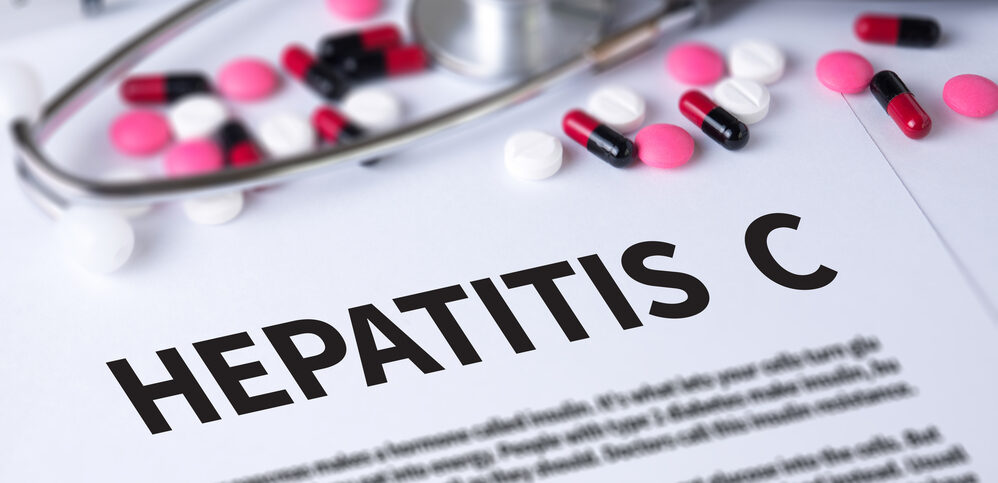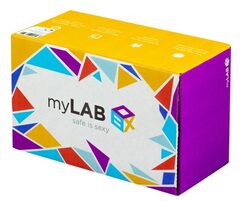Hepatitis C Infection

Hepatitis C Infection: Are You at Risk?
By Dr. Kristie
There’s a virus epidemic that has many health experts concerned – and it’s not swine flu. Deaths from the hepatitis C virus are expected to triple in the next twenty years as more people discover that they have this virus – a virus that’s the leading cause for liver transplants in this country.
An infected person can carry the hepatitis C virus for years without even knowing they have it. Unfortunately, in most cases it eventually makes its presence known. Who is at risk of hepatitis C and who should get tested?
Hepatitis C Symptoms (1)
The symptoms for hepatitis A, B, and C are very similar. They also may not appear for several weeks, or even a few months, after the infection is contracted.
Hepatitis C's core symptoms include:
- fatigue
- sore muscles
- abdominal pain
- dark urine
- abnormal stool
- fever
- jaundice
- loss of appetite
- nausea and vomiting
Not Your Symptoms Click Here >>
Hepatitis C: What is It?
The hepatitis C is a virus that infects the liver. Initially it may be completely silent, but in the majority of cases, if left untreated, it progresses to inflammation and scarring of the liver which can lead to cirrhosis and liver failure.
Around fifteen percent of the people who are exposed to the virus will clear it and not go on to develop problems, but the rest will end up with chronic hepatitis - of which half will develop cirrhosis.
Testing
STD Tests
STD Testing at-Lab (Near Me)
STD Tests at-Home (Kits)
Fertility Tests
Women's Fertility Test at-Home
Health Tests
See All >>
Note: You can avoid Health Problems if your STI is Detected & Treated.
Hepatitis C: Are You at Risk?
Could you be one of the four million people who are carrying the hepatitis C virus? Because there are many who have the virus and don’t even know it, it’s important to get tested if you’re at high risk of hepatitis C infection since early treatment can help to prevent future liver problems. Here are some factors that put you at higher risk of hepatitis C:
- If you’ve used intravenous drugs at any time
- If you’ve received a needle stick at any time while working in a health care setting
- If you’ve received a blood transfusion before 1989
- If you were the baby of a mother infected with the hepatitis C virus
- If you’ve had sex with a person infected with hepatitis C
- If you’ve shared personal care items, particularly razors with someone carrying the virus
- If you had heart surgery as a child or underwent treatment for leukemia or a childhood malignancy
- If you’re a hemophiliac
- If you’ve undergone dialysis
- Disturbingly, up to a third of the cases that are out there don’t fall into any of these risk categories.
Should You Be Tested?
If you fall into one of these high risk categories, definitely get tested. If you don’t, it may still be worth it for added peace of mind. Testing requires a blood test that checks for antibody to the hepatitis C virus.
The screening blood test only shows exposure to the hepatitis C virus and doesn’t indicate whether there’s an active infection. To determine this, additional testing is needed.
The bottom line? If you’re at risk of hepatitis C for any of the above reasons, get tested. Although there’s no cure, there are treatments that can reduce the liver inflammation and reduce the risk of future liver problems. Do it for added peace of mind.
Is Hepatitis C Curable?
With proper treatment, many people can be cured. (WHO) If a chronic infection develops it could be lifelong if not treated. (CDC)
Conclusion
To avoid being infected practice safe sex which includes using condoms and not engaging in sex with an infected person. If you have any of these symptoms you should be tested ASAP (as soon as possible) and sexual partners be contacted.
About the Author
She is a Medical Doctor with a concentration in Family Practice. She also has an undergraduate degree in both Biology and Psychology and masters in Clinical Pathology.
References
1. Hep C Symptoms - STDConcern.com
Note: To receive Proper Treatment, Testing is Required.
About STD Symptoms
Some people can be Symptomless (No Symptoms) of infection for Days, Months & even Years. Making it difficult to know if you have an STD without Getting Tested.
STDs do have Similar Symptoms so it might be difficult to tell which Individual STD you have Contracted. That is why a Panel Test for Multiple STDs is Recommended.
Why Get Tested?
 Disclaimer: Articles not intended to Diagnose, Treat, Cure or Prevent Diseases.
Disclaimer: Articles not intended to Diagnose, Treat, Cure or Prevent Diseases.
Infections | Education | Products | Testing


